SANS Symposium 2024: Bridging the bench to bedside gap in African Neuroscience
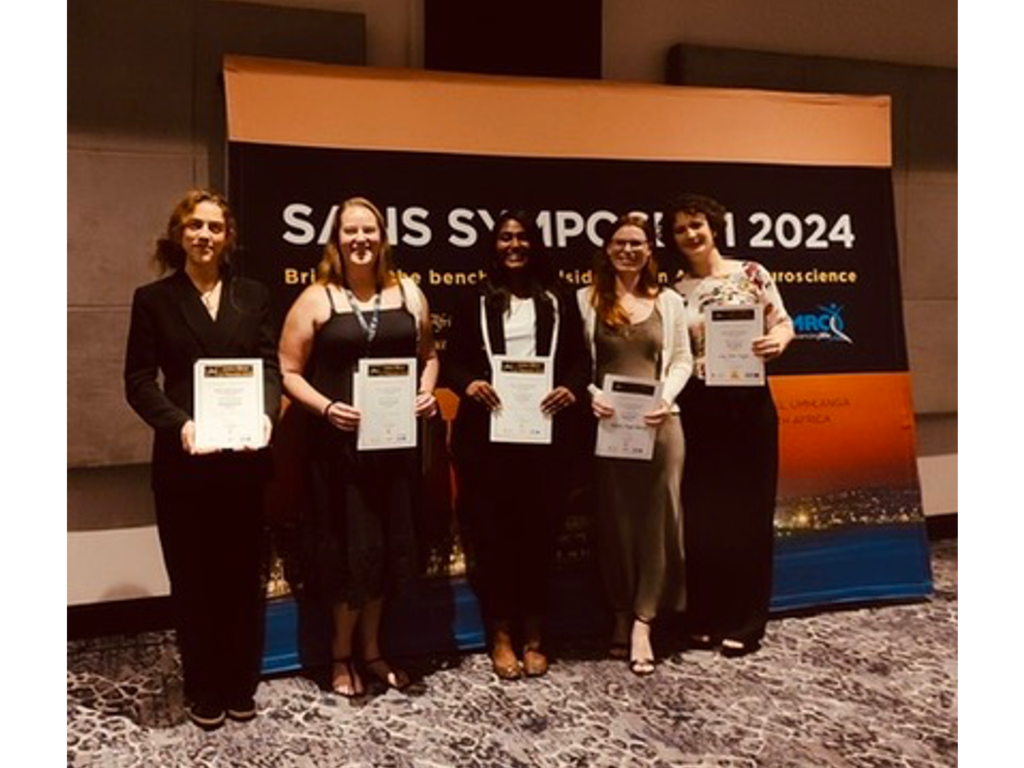
Thirty one UCT Neuroscience Institute (NI) members and students participated in the Southern African Neuroscience Society (SANS) Symposium 2024, which took place from July 18 - 20 at the Premier Hotel Umhlanga in Durban, South Africa. The meeting had just over 120 delegates registered from 14 countries, with almost 100 abstracts submitted for either oral or poster talks and explored the theme “Bridging the bench-to-bedside gap in African Neuroscience”.
SANS chairperson and NI member, Dr Rachael Dangarembizi said that the Symposium was successful in achieving its goals:
“The meeting was successful on all levels; a high-quality scientific programme, full engagement and inclusion of early-career and established neuroscientists from diverse disciplines of neuroscience, and (most importantly) meaningful discussions between fundamental and clinical scientists to promote a collaborative approach in tackling current challenges to African brain health”.
She further elaborated: “We are very proud of the strong representation of UCT research at the Symposium this year, UCT researchers contributed almost one third of the abstracts submitted to the meeting and out of the six student competition prizes, four were given to UCT students - a strong testament of research productivity and excellence.”
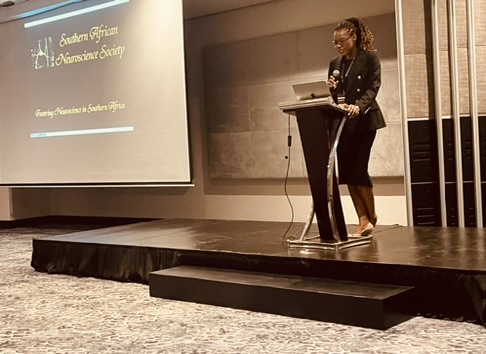
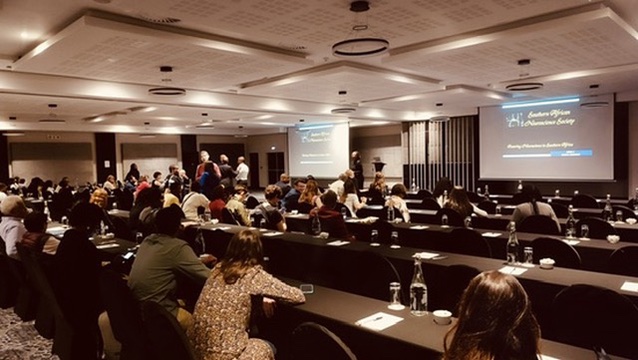
A rich and diverse scientific programme
Professor Anthony Figaji, the Head of Paediatric Neurosurgery at UCT, set an ambitious tone for the meeting in his opening keynote, challenging fellow researchers to envision a bold future for African neuroscience. His address emphasized the importance of leveraging Africa’s unique opportunities to advance neuroscience research and clinical practice. The cutting-edge finding presented by many UCT researchers at the symposium did his keynote address justice. As did the excellent student presentations given as part of the SANS Student competition. Four UCT NI students walked away with prizes – Emily Higgitt and Roxanne Hattingh won first and third place in the oral presentation category, respectively, while Anja De Lange won second place in the poster category.
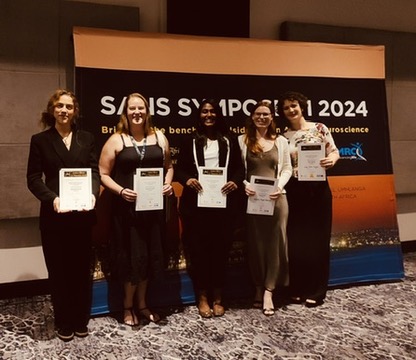
The symposium concluded with a thought-provoking lecture delivered by Professor Christopher Krupenye from Johns Hopkins University, who explored the social minds of humans and other apes, offering profound insights into the cognitive mechanisms that shape human social cognition.
The symposium’s unique structure was designed to promote active engagement and cross-disciplinary collaboration. This included roundtable discussions on equitable partnerships in research, the importance of diversity and inclusivity in scientific research, as well as many networking opportunities.
The student experience
Students enjoyed a breakfast session talk by NI communications officer, Dr Hayley Tomes, entitled ‘Hacks for surviving postgraduate life’, the goal of which was to provide a platform where student research challenges could be discussed and addressed.
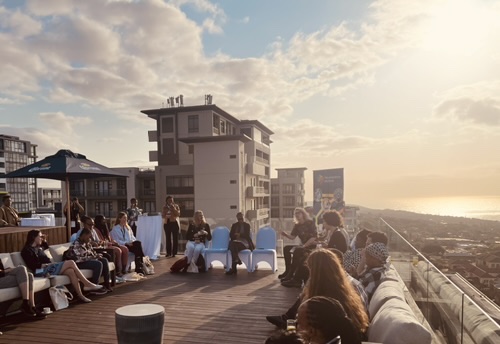
One student delegate, and member of the local organising committee of the symposium, found the SANS Symposium "truly amazing!, from the beautiful venue to the captivating talks from world-class researchers and leading clinicians in the field. As a student, I particularly benefited from the opportunities for mentorship that came from tea and lunch time conversations with invited speakers and the tips for surviving postgrad life. I left the conference feeling inspired, empowered and more knowledgeable about what's happening in the world of neuroscience."
